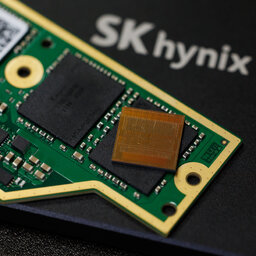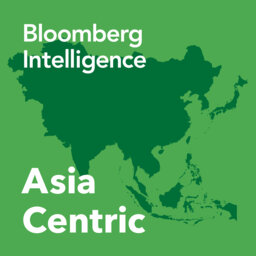Investing in Startups During the Era of AI 2.0
Financial markets have been captivated by AI's opportunities since the launch of ChatGPT two years ago. Huge investments have flowed into established chip companies and the hyperscalers that make the infrastructure supporting AI – from Nvidia and TSMC to Alphabet, Microsoft and Amazon. But what about the frontier companies that could flourish as AI enters a new era? And why is Asia an ideal petri dish for this activity?
Esther Wong, founder of 3C AGI Partners, one of Asia's first AI-focused venture capital funds, and formerly a managing director at SenseTime, discusses the next phase of this technology and shares her outlook on the industry – data centers in space may not be as far-fetched as you think. She joins John Lee and Katia Dmitrieva on the Asia Centric podcast.
In 1 playlist(s)
Asia Centric by Bloomberg Intelligence
Some of the world's largest and fastest-growing markets, economies and companies are in Asia. Every …Social links
Follow podcast
Recent clips

Geopolitical Risks Are Sinking The Dollar Again
23:24

Hong Kong's Property Market Roars Back to Life
24:27

How AI Created an Unprecedented Memory Chip Crisis
32:47
 Asia Centric by Bloomberg Intelligence
Asia Centric by Bloomberg Intelligence